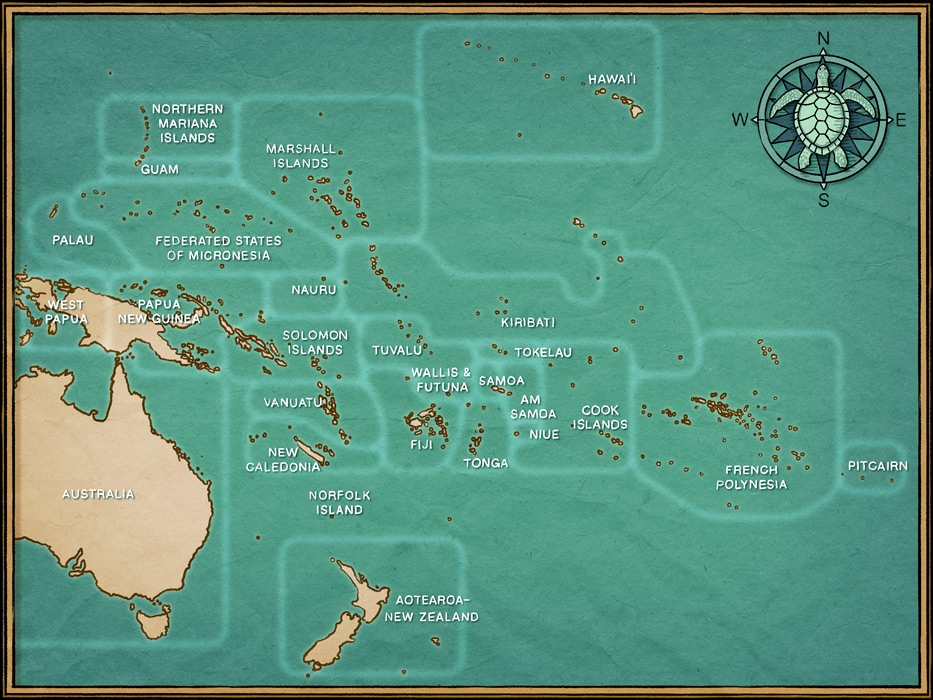Extinction Stories

This page provides an archived record of The Living Archive: Extinction Stories from Oceania, a public environmental humanities storytelling project that ran from 2019-2023.
We are no longer taking story submissions. The archive is, therefore, no longer “living” in the important sense of continuing to gather stories. We nonetheless hope that it goes on to have significant afterlives and we encourage people to continue to draw on and share these stories (bearing in mind the license conditions outlined below).
We’d like to thank all the contributors for their generosity in sharing their stories through this platform.
About the Project
The Living Archive: Extinction Stories from Oceania is a multimedia space that provides a platform for people to tell their own stories, in their own ways, about what extinction means and how it matters in their lives and places. We seek contributions from anyone with a story to tell, including writers, film-makers, artists, poets, cultural practitioners, students, farmers, conservationists and activists.
We understand extinction broadly: species of animals and plants, as well as places themselves, may all face forms of extinction. The stories told here may concern those who are threatened, disappearing, or indeed already gone. At its core, The Living Archive aims to deepen our understanding of what extinction means and why it matters, both for people and their environments. Doing so requires us to challenge a simplistic understanding of our current period of mass extinction as a purely ‘environmental’ crisis that takes place ‘out there’, divorced from people and their cultures. In contrast, this project presents a diverse range of perspectives and experiences that highlight the varied, and often unequal, ways in which the decline and disappearance of irreplaceable aspects of our living world is shaping the contours of local lives and places, impacting on cultural practices, livelihoods, and connections to land and sea.
By creating a space for people to tell their own stories, The Living Archive is grounded in the understanding that personal narratives have the potential to explore local complexity in ways that are relatable and meaningful, and that generate engagement, connection, and attentiveness in this time of great loss. As the Fijian poet and activist Peter Sipeli has succinctly put it: “storytelling is a powerful way for connection.”

Stories from the Archive
Co-ordination
The Living Archive is co-ordinated by Thom van Dooren, an environmental/field philosopher and writer. The project is run with the assistance of Samuel Widin (editorial manager) and Hannah Della Bosca (community manager), and is based at the University of Sydney, Australia. Input on this project is generously provided by an International Advisory Board (details below). The site was launched in May 2019.
License
Unless otherwise specified content on this website is covered under Creative Commons license (CC BY-NC 3.0). Please check the grey details box on each story page to see if there are any other use restrictions. This Creative Commons license means that stories, including any images, video, audio, and other components can be copied, transmitted, and distributed by others, provided that they attribute it to the author(s) and are not using the materials for commercial purposes (for further details see https://creativecommons.org/licenses/by-nc/3.0/au/).
Funding
Funding for The Living Archive has been provided by the Australian Research Council (FT160100098) and the University of Sydney.
International Advisory Board
Dr Tony Birch
Moondani Balluk, Victoria University
Prof. Elizabeth DeLoughrey
Department of English, University of California Los Angeles
Sam ‘Ohu Gon III
Kumu oli and conservation biologist, The Nature Conservancy
Prof. Michael Hadfield
Pacific Biosciences Research Center, University of Hawai’i at Mānoa
Prof. Alexander Mawyer
Center for Pacific Islands Studies, University of Hawai’i at Mānoa
Dr Jenny Newell,
Pacific & International Collections, Australian Museum
Martin Romain
Marshall Islands Conservation Society
A/Prof. Craig Santos Perez
Department of English, University of Hawai’i at Mānoa